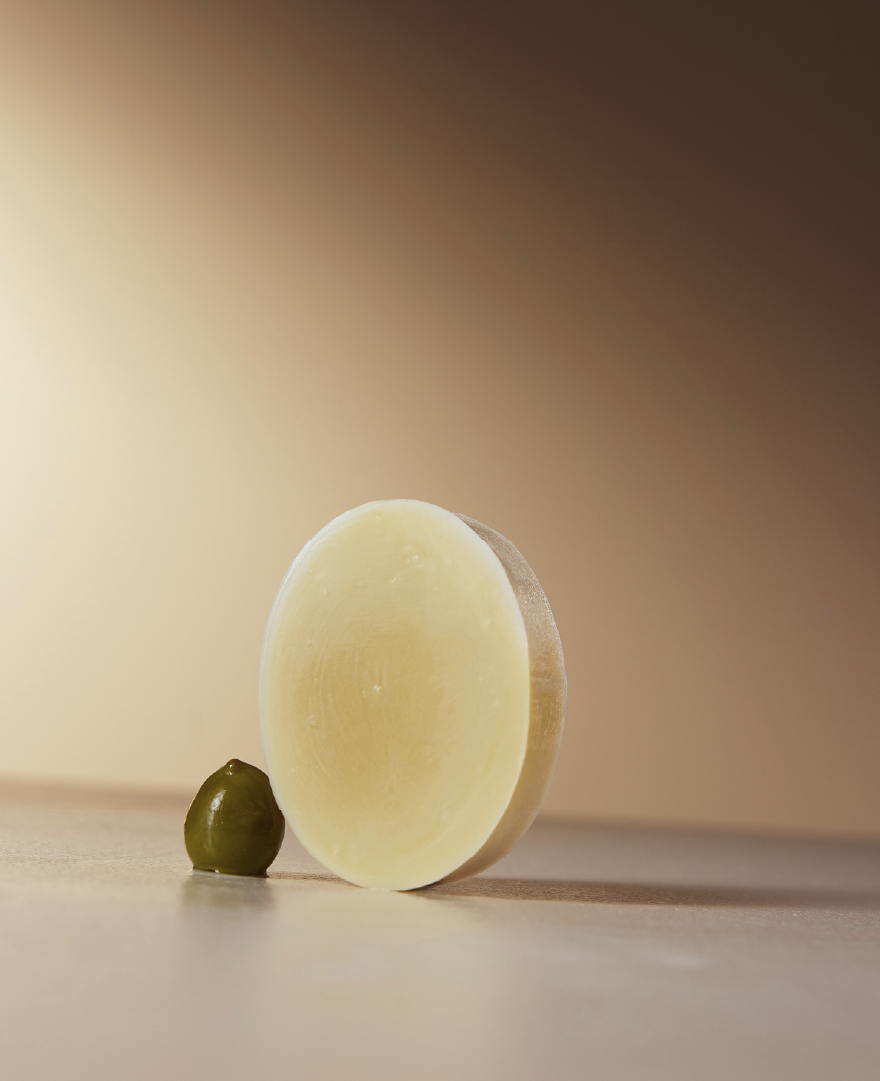
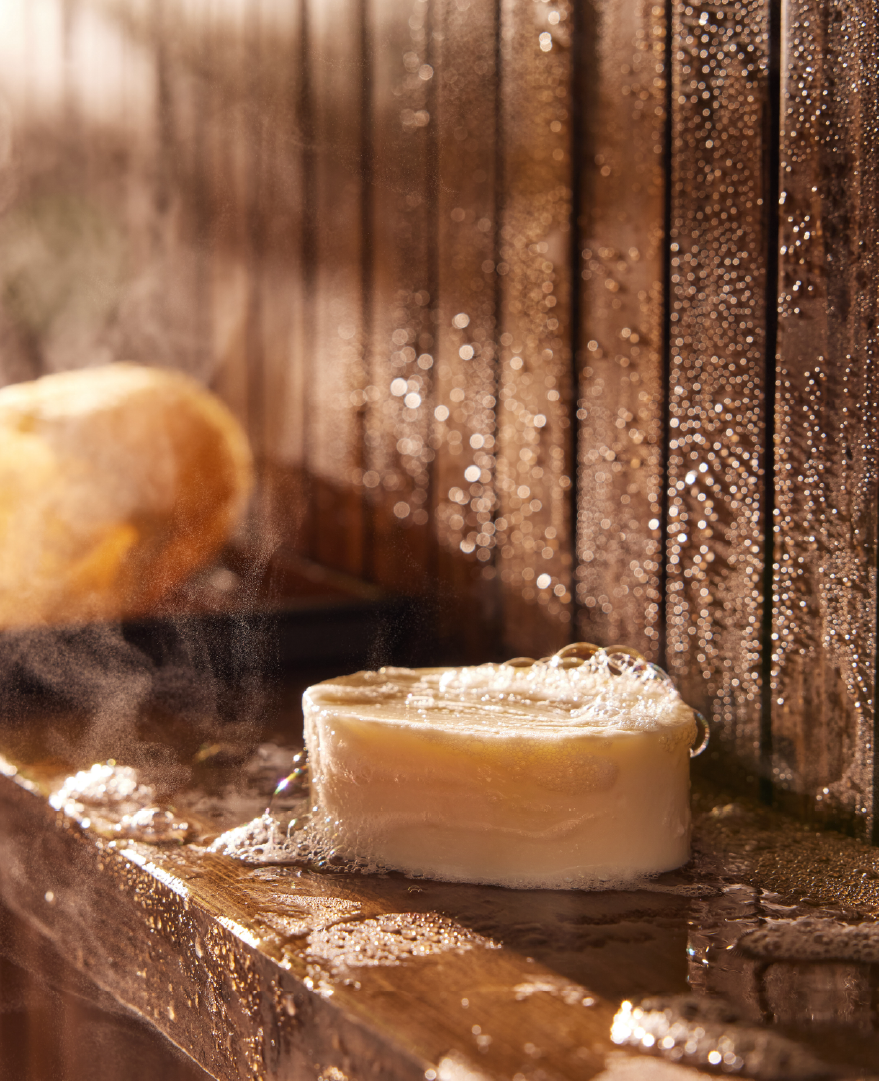
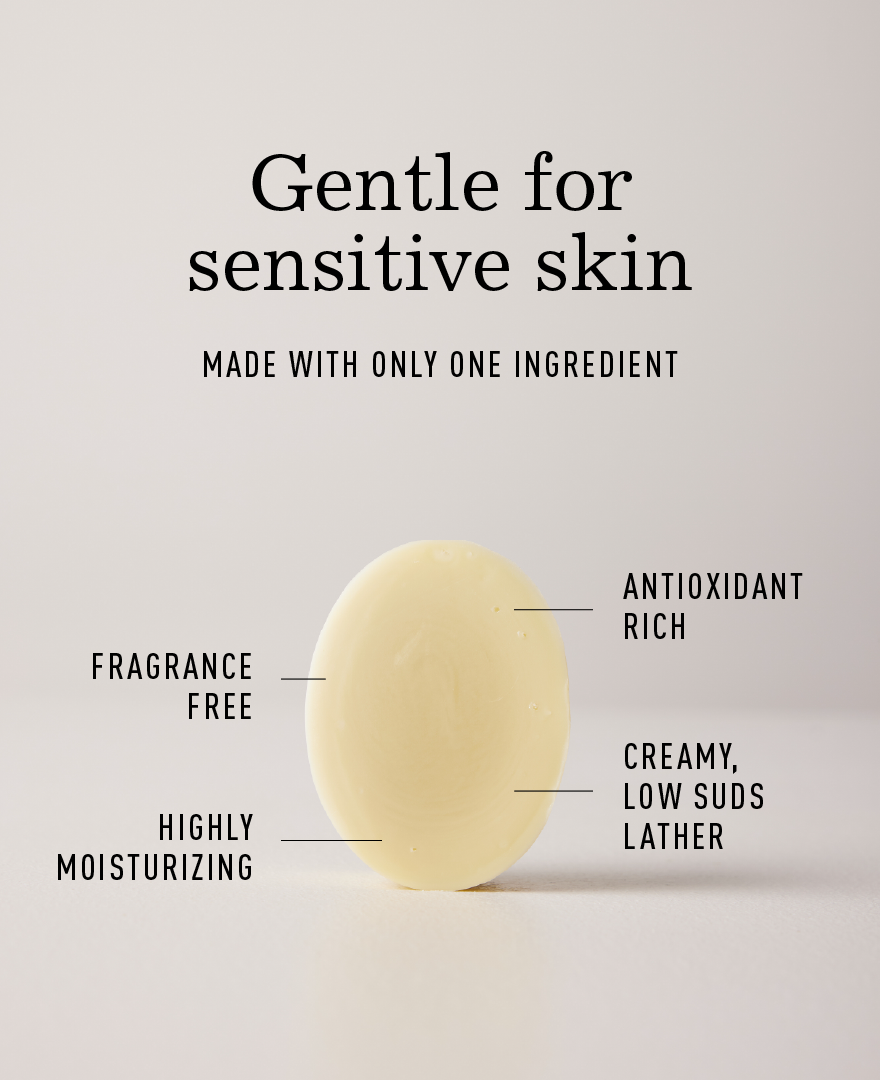
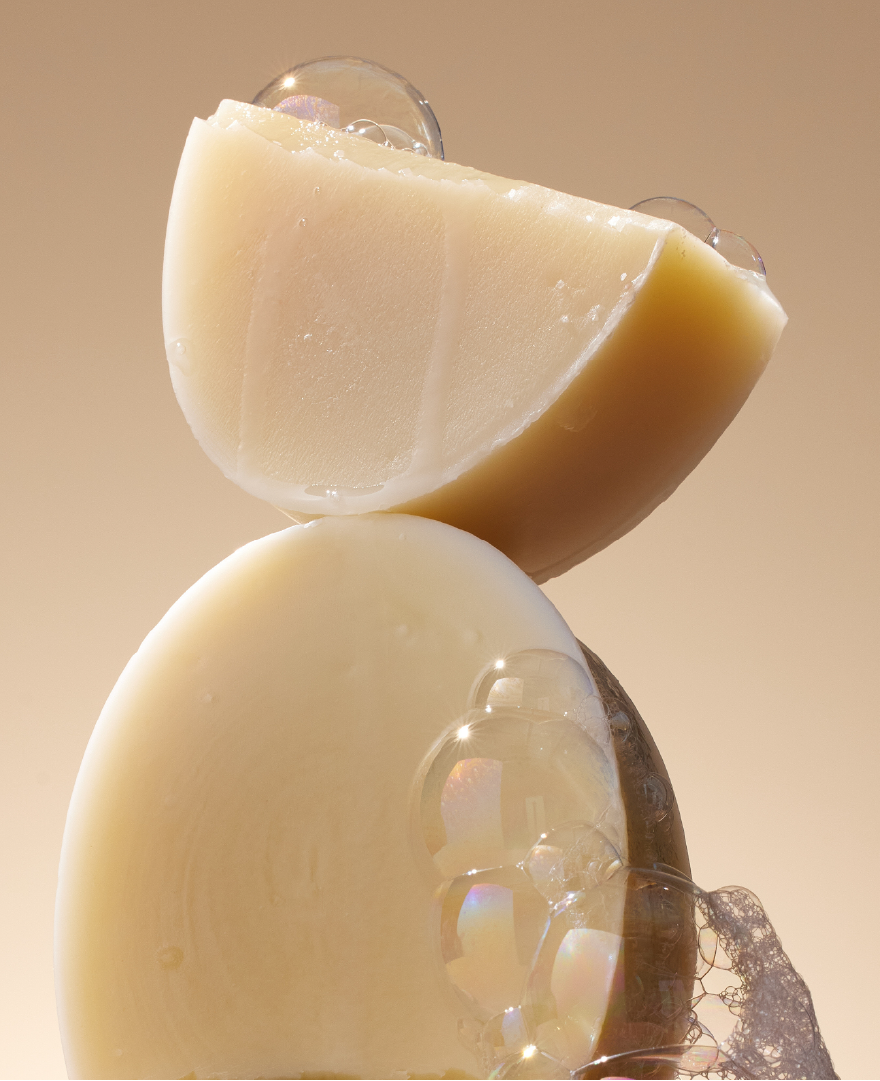
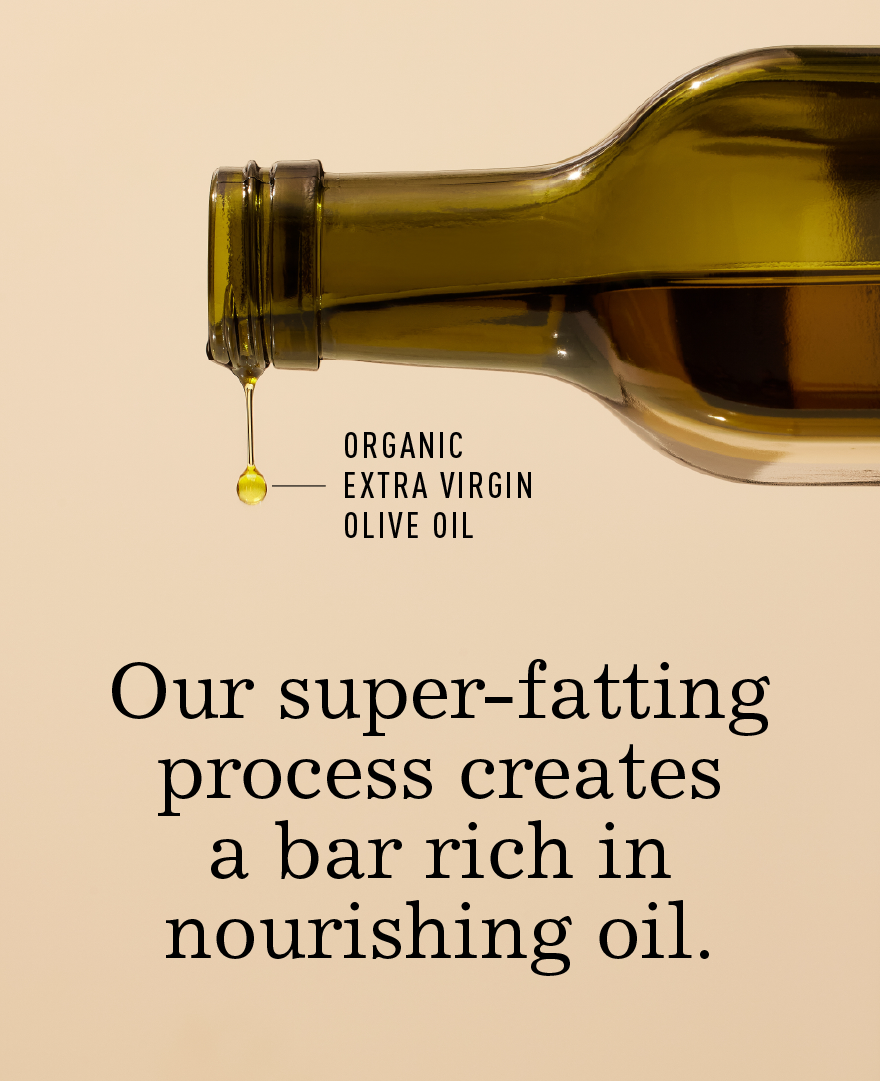
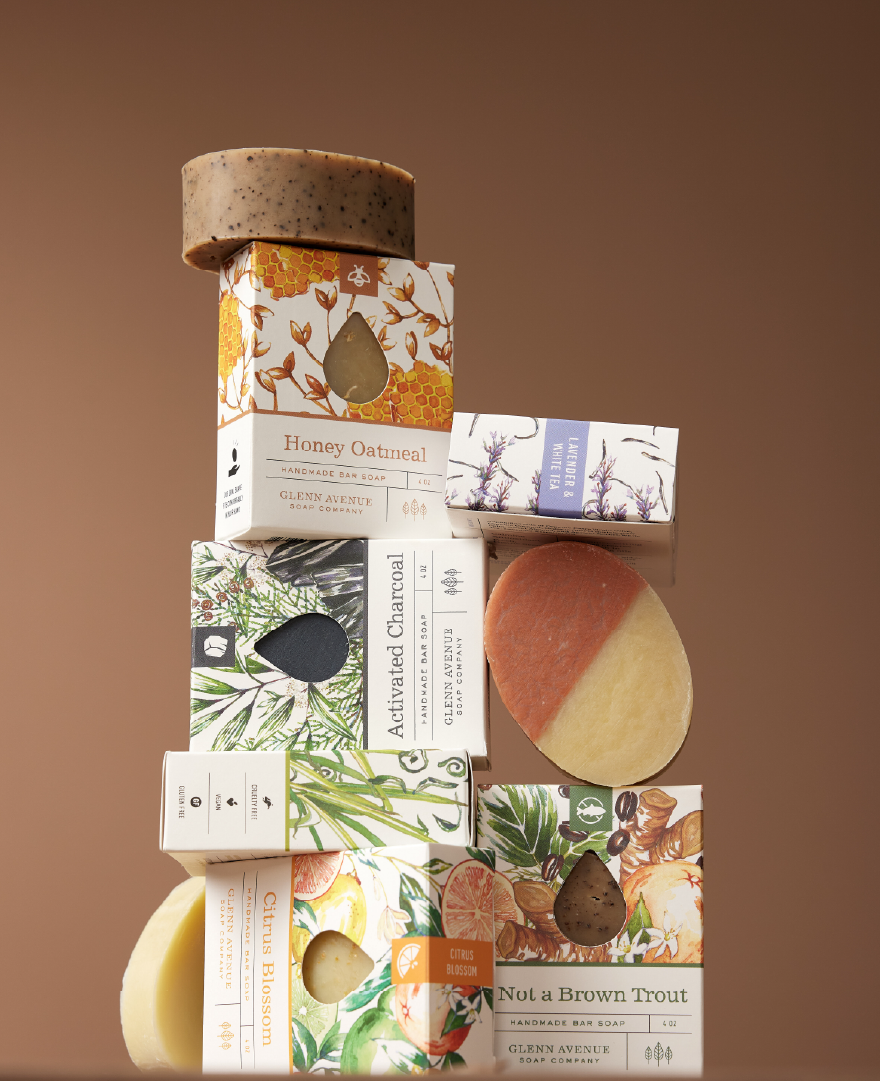
Simply Olive Fragrance Free Bar Soap
Tax excluded. Shipping calculated at checkout
Enjoy the simple pleasure of this mild and gentle highly moisturizing soap. This fragrance-free bar is crafted from just three simple ingredients: water, lye and the highest quality Organic Extra Virgin Olive Oil. That’s it!
Sold individually.
NET CONTENTS: 4oz
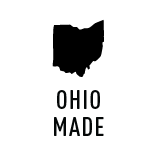
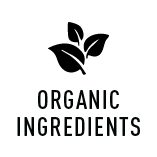
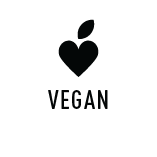
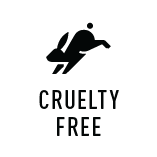
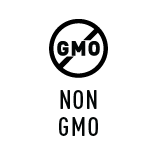
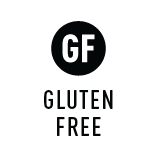
Ingredients
Saponified Organic Extra Virgin Olive Oil...that's it!
Good to Know
ARE YOUR SOAPS CASTILE SOAPS?
Yes! Historically, the term castile soap referred to soaps made from saponified olive oil (like our Simply Olive Bar Soap). However today the term refers to genuine saponified soaps that contain only vegetable oils, no animal fats.
Not all castile soaps are the same - some use a different blend of oils (oils have different properties) and have different concentrations than ours. Our bar soaps are "super-fatted", meaning that we add excess oil to the recipe that is not turned into soap. This gives our bars great moisturizing properties and makes them perfect for the shower or bath. Our bar soaps all contain saponified oils of Organic Extra Virgin Olive, Organic Coconut, Organic (RSPO Sustainable) Palm.Olive was chosen for its moisturizing, stable later, coconut for its fluffy lather and hardness, and Palm for a harder (and therefore longer lasting) soap.
WHAT IS SAPONIFICATION?
Saponification is the chemical reaction that produces genuine soap. Here at Glenn Ave Soap Company, we make soap the traditional way, the way our great-great-grandparents made soap. While our ancestors may have used lard and wood ash, we start with our special blend of high-quality oils. When these triglycerides are blended with water and lye (an alkaline solution – sodium hydroxide or potassium hydroxide), saponification happens. All the lye is used up and the oils are transformed into soap (fatty acid salt) and glycerin, a natural humectant that allows your skin to retain moisture.
WHAT IS A BETTER WAY TO KILL GERMS, WASHING WITH SOAP & WATER OR USING HAND SANITIZER?
Soap molecules are amphiphilic. An amphiphile is a chemical compound possessing both hydrophilic (water-loving) and lipophilic (fat-loving) properties. One side of the molecule is hydrophilic (polar) and likes water, the other is hydrophobic (non-polar) and likes oil. Cellular membranes are also made of dual-sided molecules called lipids. Soaps do an excellent job of solvating the hydrophobic part of the lipid cell membrane, which means it dissolves the membranes of the cell, thus killing the bacteria, while the hydrophilic part of the molecule allows it to be easily washed away.
According to the CDC, "washing hands with soap and water whenever possible because handwashing reduces the amounts of all types of germs and chemicals on hands. But if soap and water are not available, using a hand sanitizer with at least 60% alcohol can help you avoid getting sick and spreading germs to others. The guidance for effective handwashing and use of hand sanitizer in community settings was developed based on data from a number of studies." We recommend having one of our bar soaps or foaming hand soap pumps at each sink, and a hand sanitizer in your bag and car, when you might not have access to soap and water.
WHAT DOES RSPO PALM OIL MEAN?
RSPO is sustainable palm oil. It stands for Roundtable on Sustainable Palm Oil. The association was established in 2004 to promote the growth and use of sustainable oil palm products through global standards and multi-stakeholder governance.
According to the World Wildlife Fund:
"Clearing for oil palm plantations threatens some of the world’s greatest forests, endangered species such as orangutans, and puts forest-dwelling people at risk. But with better management practices, the palm oil industry could provide benefits without threatening our some of our most breathtaking natural treasures...
Reaching those objectives requires a common language for industry, environmental and social groups to work together. Through the Roundtable on Sustainable Palm Oil (RSPO), WWF has helped to establish a platform for these parties to collaborate towards the production of sustainable palm oil. Thanks to the RSPO, sustainable palm oil is now on the market. By applying stringent production criteria to all stages of palm oil manufacture, some companies are proving that oil palm plantations need not flourish at the expense of rainforests. But so much more remains to be done. Too many palm oil producers still ignore the destructive impacts of palm oil plantations, contributing to biodiversity loss and social unrest and more companies that buy palm oil need to switch to using certified sustainable palm oil in their products."
WHICH BAR SOAPS ARE THE MOST MOISTURIZING AND WHICH ARE THE MOST EXFOLIATING?
Glenn Avenue Soaps are handcrafted in small batches using traditional methods and high-quality natural and organic oils and butters that are easily absorbed and that nourish your skin. This soap is "super-fatted", meaning that we add excess oil to the recipe that is not turned into soap. This gives our bars great moisturizing properties and makes them perfect for the shower or bath.
Because all of our bar soap recipes are super-fatted, they are all very moisturizing, but if we had to choose, we'd say the Simply Olive (it's made with just saponified olive oil) and the Honey Oatmeal (honey is a great humectant - helps to retain moisture in skin).
Citrus Blossom and Not a Brown Trout are the most exfoliating bar soaps. Citrus Blossom has bits of lemon and orange rind, making it nubbly and gentle. Not A Brown Trout contains ground coffee from local roaster Stauf’s, making it good for scrubbing.
CAN I USE YOUR BAR SOAPS AS SHAMPOO?
Yes! Our favorites to do this are Peppermint & Tea Tree, Honey Oatmealand Lavender & White Tea. To use a bar soap as shampoo:
1. Wet Hair
2. Lather bar in hands
3. Massage lather into scalp
4. Using fingers like a comb, smooth the lather down the length of hair
5. Rinse, rinse, rinse! Don't rush this step!
6. Finish with an Apple Cider Vinegar (ACV) Rinse
Apple Cider Vinegar Rinse?
Natural soap has a high pH, which can roughen the cuticle. An ACV rinse balances hair and scalp pH, which flatten and closes the hair cuticle, making your hair smoother and easier to detangle, shinier, less frizzy, less prone to breakage, and more moisturized.
ACV RINSE RECIPE
1. Mix 1/2 to 4 tablespoons of ACV with 8 ounces (1 cup) of water. Dry scalps like less ACV and oily scalps like more. Always dilute the ACV, and start off with a smaller amount of ACV while experimenting to find a dilution that works best for your scalp and hair.
2. Place the rinse in a plastic squeeze bottle, spray bottle, or another container. Option: Add a few drops of your favorite essential oil!
3. Pour rinse over head, avoiding eyes.
4. Let mixture sit on hair 1-2 minutes, then rinse.
Ingredients
Saponified Organic Extra Virgin Olive Oil...that's it!
Good to Know
ARE YOUR SOAPS CASTILE SOAPS?
Yes! Historically, the term castile soap referred to soaps made from saponified olive oil (like our Simply Olive Bar Soap). However today the term refers to genuine saponified soaps that contain only vegetable oils, no animal fats.
Not all castile soaps are the same - some use a different blend of oils (oils have different properties) and have different concentrations than ours. Our bar soaps are "super-fatted", meaning that we add excess oil to the recipe that is not turned into soap. This gives our bars great moisturizing properties and makes them perfect for the shower or bath. Our bar soaps all contain saponified oils of Organic Extra Virgin Olive, Organic Coconut, Organic (RSPO Sustainable) Palm.Olive was chosen for its moisturizing, stable later, coconut for its fluffy lather and hardness, and Palm for a harder (and therefore longer lasting) soap.
WHAT IS SAPONIFICATION?
Saponification is the chemical reaction that produces genuine soap. Here at Glenn Ave Soap Company, we make soap the traditional way, the way our great-great-grandparents made soap. While our ancestors may have used lard and wood ash, we start with our special blend of high-quality oils. When these triglycerides are blended with water and lye (an alkaline solution – sodium hydroxide or potassium hydroxide), saponification happens. All the lye is used up and the oils are transformed into soap (fatty acid salt) and glycerin, a natural humectant that allows your skin to retain moisture.
WHAT IS A BETTER WAY TO KILL GERMS, WASHING WITH SOAP & WATER OR USING HAND SANITIZER?
Soap molecules are amphiphilic. An amphiphile is a chemical compound possessing both hydrophilic (water-loving) and lipophilic (fat-loving) properties. One side of the molecule is hydrophilic (polar) and likes water, the other is hydrophobic (non-polar) and likes oil. Cellular membranes are also made of dual-sided molecules called lipids. Soaps do an excellent job of solvating the hydrophobic part of the lipid cell membrane, which means it dissolves the membranes of the cell, thus killing the bacteria, while the hydrophilic part of the molecule allows it to be easily washed away.
According to the CDC, "washing hands with soap and water whenever possible because handwashing reduces the amounts of all types of germs and chemicals on hands. But if soap and water are not available, using a hand sanitizer with at least 60% alcohol can help you avoid getting sick and spreading germs to others. The guidance for effective handwashing and use of hand sanitizer in community settings was developed based on data from a number of studies." We recommend having one of our bar soaps or foaming hand soap pumps at each sink, and a hand sanitizer in your bag and car, when you might not have access to soap and water.
WHAT DOES RSPO PALM OIL MEAN?
RSPO is sustainable palm oil. It stands for Roundtable on Sustainable Palm Oil. The association was established in 2004 to promote the growth and use of sustainable oil palm products through global standards and multi-stakeholder governance.
According to the World Wildlife Fund:
"Clearing for oil palm plantations threatens some of the world’s greatest forests, endangered species such as orangutans, and puts forest-dwelling people at risk. But with better management practices, the palm oil industry could provide benefits without threatening our some of our most breathtaking natural treasures...
Reaching those objectives requires a common language for industry, environmental and social groups to work together. Through the Roundtable on Sustainable Palm Oil (RSPO), WWF has helped to establish a platform for these parties to collaborate towards the production of sustainable palm oil. Thanks to the RSPO, sustainable palm oil is now on the market. By applying stringent production criteria to all stages of palm oil manufacture, some companies are proving that oil palm plantations need not flourish at the expense of rainforests. But so much more remains to be done. Too many palm oil producers still ignore the destructive impacts of palm oil plantations, contributing to biodiversity loss and social unrest and more companies that buy palm oil need to switch to using certified sustainable palm oil in their products."
WHICH BAR SOAPS ARE THE MOST MOISTURIZING AND WHICH ARE THE MOST EXFOLIATING?
Glenn Avenue Soaps are handcrafted in small batches using traditional methods and high-quality natural and organic oils and butters that are easily absorbed and that nourish your skin. This soap is "super-fatted", meaning that we add excess oil to the recipe that is not turned into soap. This gives our bars great moisturizing properties and makes them perfect for the shower or bath.
Because all of our bar soap recipes are super-fatted, they are all very moisturizing, but if we had to choose, we'd say the Simply Olive (it's made with just saponified olive oil) and the Honey Oatmeal (honey is a great humectant - helps to retain moisture in skin).
Citrus Blossom and Not a Brown Trout are the most exfoliating bar soaps. Citrus Blossom has bits of lemon and orange rind, making it nubbly and gentle. Not A Brown Trout contains ground coffee from local roaster Stauf’s, making it good for scrubbing.
CAN I USE YOUR BAR SOAPS AS SHAMPOO?
Yes! Our favorites to do this are Peppermint & Tea Tree, Honey Oatmealand Lavender & White Tea. To use a bar soap as shampoo:
1. Wet Hair
2. Lather bar in hands
3. Massage lather into scalp
4. Using fingers like a comb, smooth the lather down the length of hair
5. Rinse, rinse, rinse! Don't rush this step!
6. Finish with an Apple Cider Vinegar (ACV) Rinse
Apple Cider Vinegar Rinse?
Natural soap has a high pH, which can roughen the cuticle. An ACV rinse balances hair and scalp pH, which flatten and closes the hair cuticle, making your hair smoother and easier to detangle, shinier, less frizzy, less prone to breakage, and more moisturized.
ACV RINSE RECIPE
1. Mix 1/2 to 4 tablespoons of ACV with 8 ounces (1 cup) of water. Dry scalps like less ACV and oily scalps like more. Always dilute the ACV, and start off with a smaller amount of ACV while experimenting to find a dilution that works best for your scalp and hair.
2. Place the rinse in a plastic squeeze bottle, spray bottle, or another container. Option: Add a few drops of your favorite essential oil!
3. Pour rinse over head, avoiding eyes.
4. Let mixture sit on hair 1-2 minutes, then rinse.

Choose options






Clean Up With 10% Off
Our occasional emails will make you wish your screen was scratch and sniff!
Sign up and we'll share what's new and give you a peek into the art and craft of traditional soapmaking and aromatherapy.
Plus get 10% off your first order!
Natural & Genuine
Simple, plant-based ingredients and traditional methods
Learn More
$5 Flat Rate Shipping
Pay just $5 and we'll ship anywhere within the United States
See Shipping Policy
Happy Policy
Order with confidence, we ensure you are happy and satisfied!
See Return Policy
Customer Care
Have a product question, order issue or comment to share?
Reach us here!

